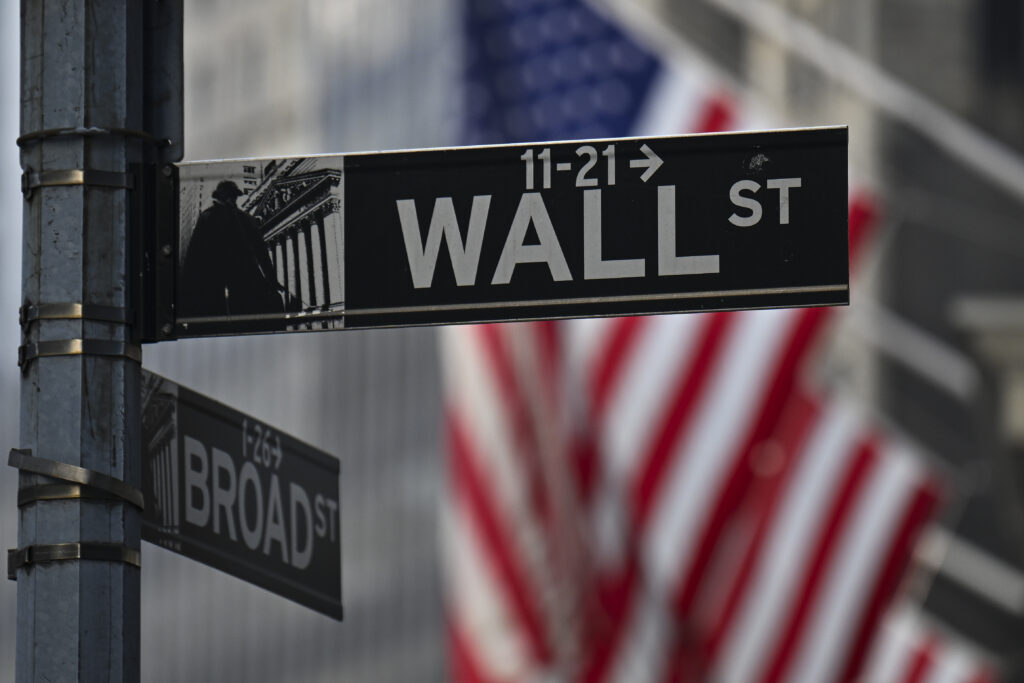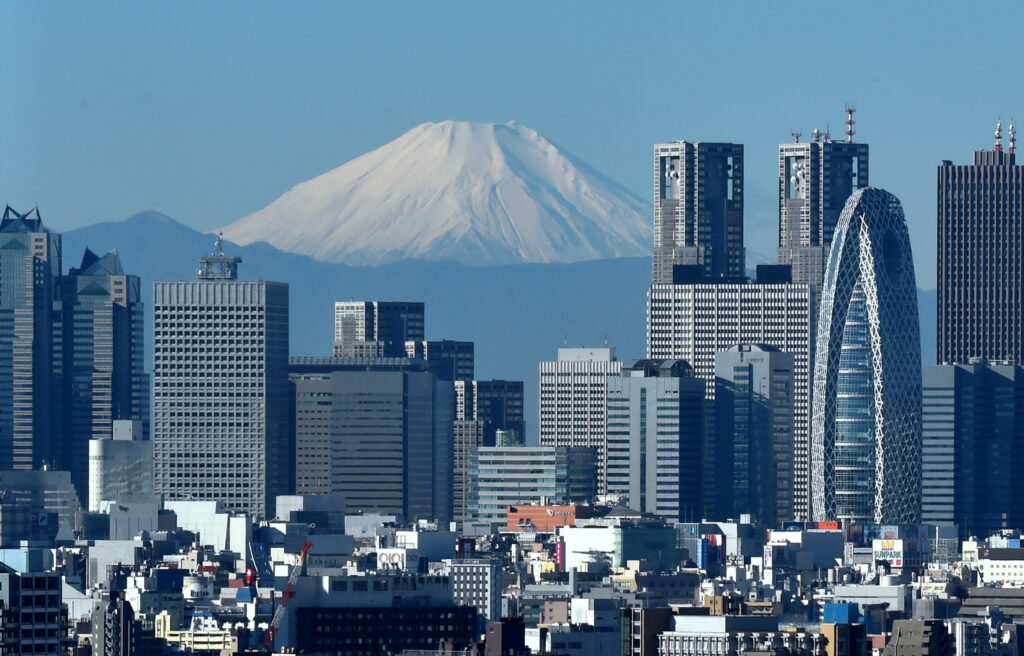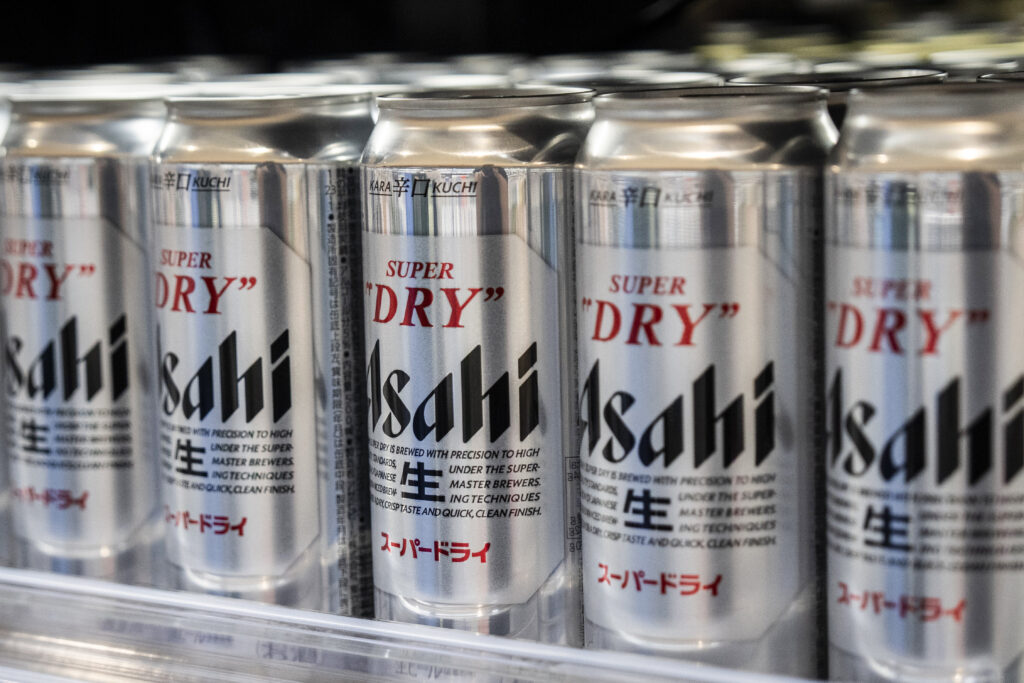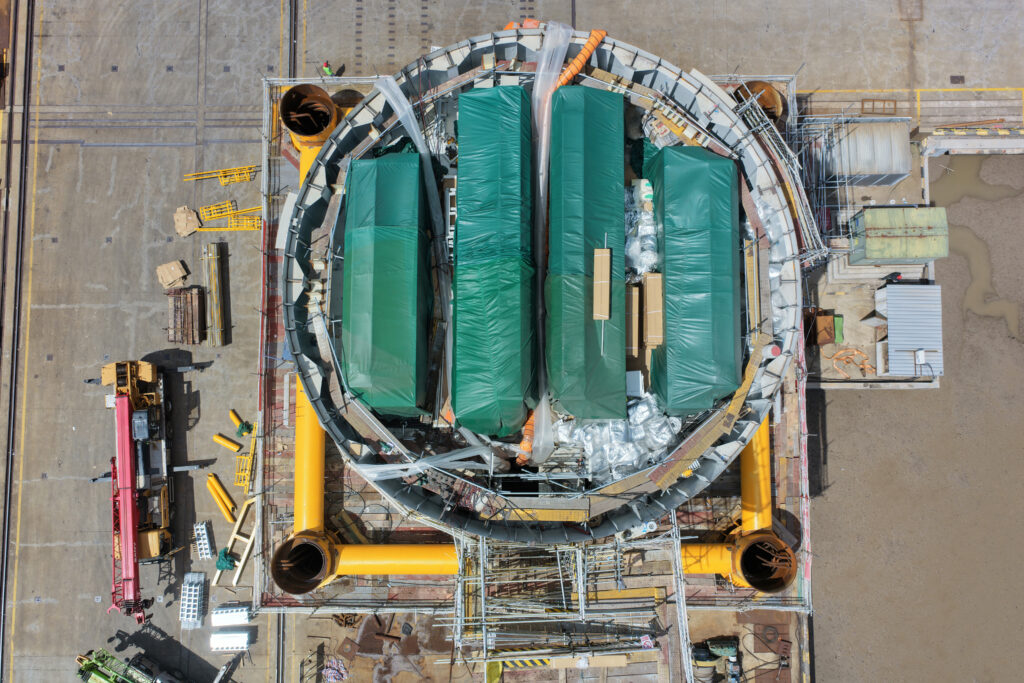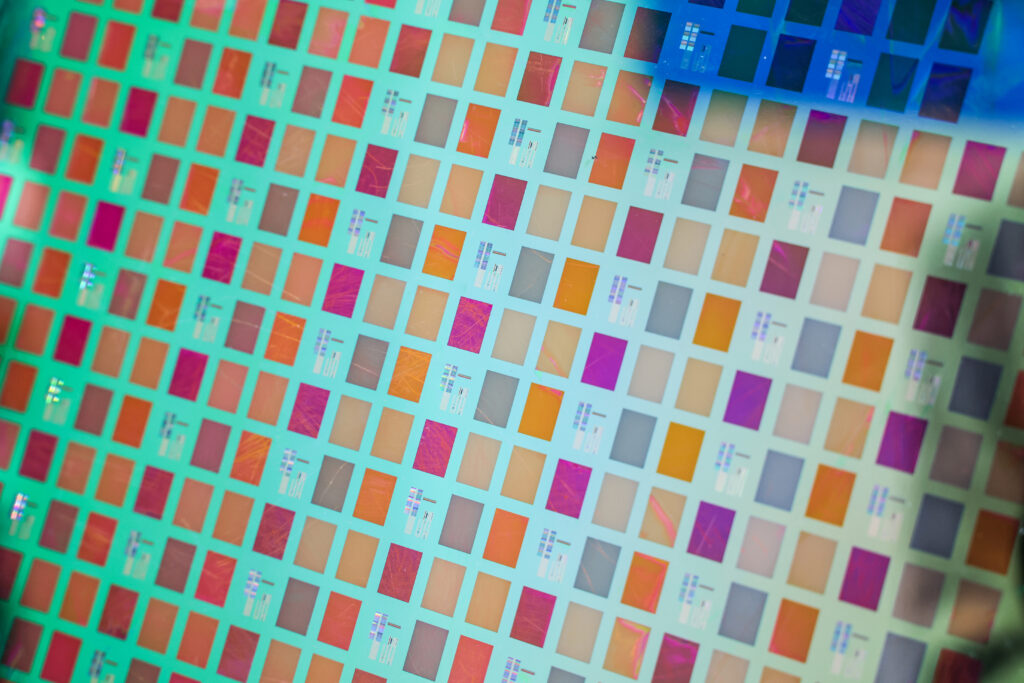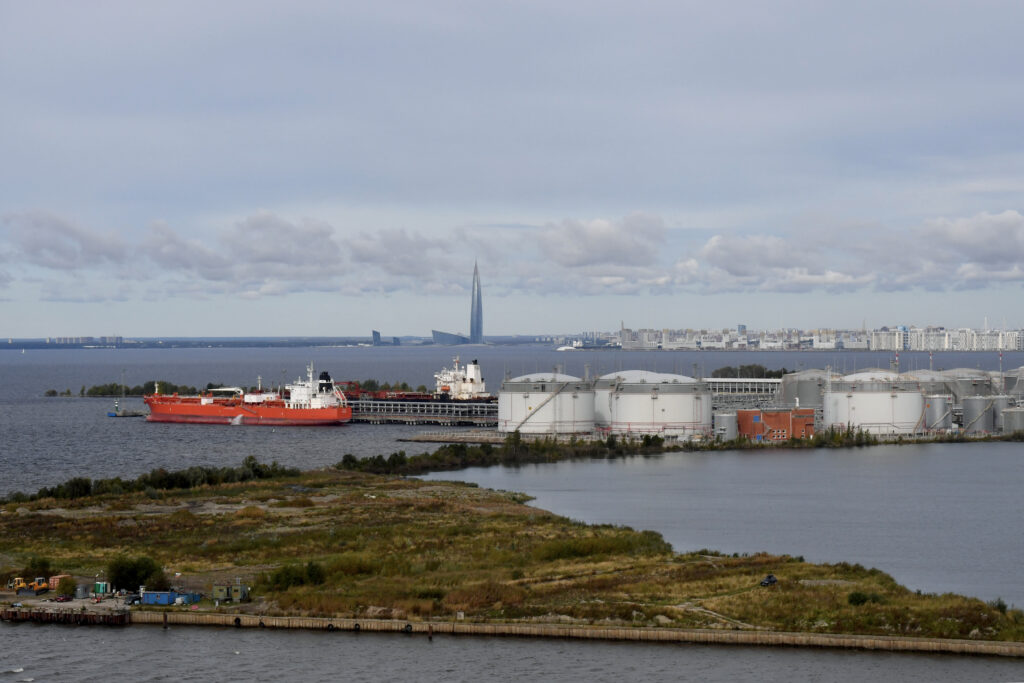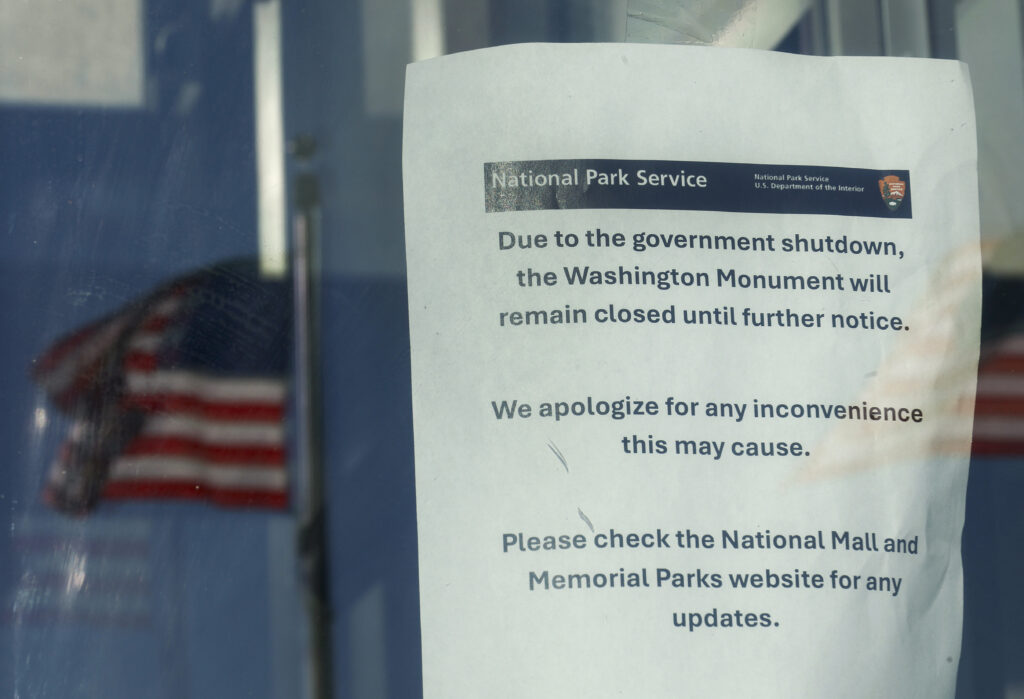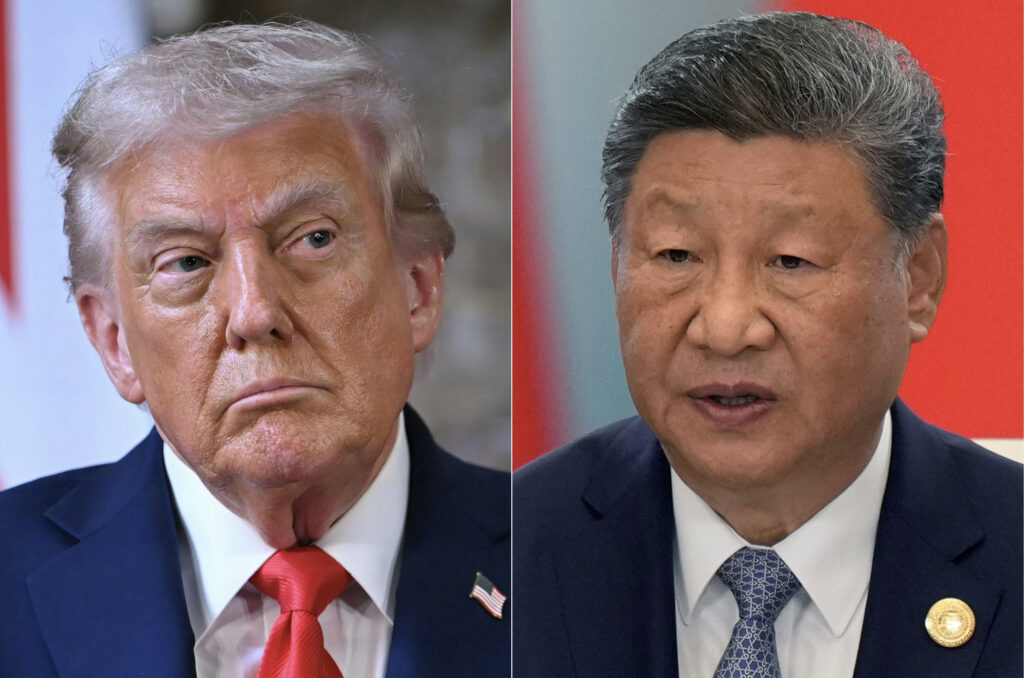Stocks rise on AI optimism, US rate-cut hopes
Stock markets struck fresh records Friday, driven by investor optimism over artificial intelligence and hopes of US interest rate cuts, which overshadowed concerns about an ongoing government shutdown.Wall Street’s main indices were mixed at the end of the day, although the Dow and S&P 500 notched fresh records.”That’s a stock market that continues to be pretty resilient to selling interest for any number of reasons, probably the most supportive of which is the expectation for multiple rate cuts before year-end,” said Patrick O’Hare of Briefing.com.In Europe, London’s FTSE 100 set an all-time high, led by banks and mining stocks. In Paris, the CAC 40 also rose and was close to its March peak, while the DAX 40 dipped in Frankfurt but nevertheless remains close to its record level.The rally in tech stocks was given another lift on Friday by an agreement between Japan’s Hitachi and ChatGPT developer OpenAI to work on AI and energy.Shares in Hitachi jumped more than 10 percent, with other Japanese tech firms and investment giant SoftBank following suit. The advance helped push Tokyo’s Nikkei 1.9 percent higher.Hong Kong retreated, while Shanghai was closed for a holiday.A surge in AI investment this year has helped push the valuations of some of the sector’s biggest names to eye-watering levels — with US chip titan Nvidia topping $4 trillion — and several stock markets to record highs.Shares in Nvidia pulled back slightly on Friday.This week has seen extra momentum after South Korean semiconductor giants Samsung and SK hynix said they had struck a preliminary deal with OpenAI to supply chips and other equipment for its Stargate project.Positive sentiment has also been supported by data in recent months pointing to a slowdown in the US labor market, which led the Federal Reserve to cut borrowing costs and indicate more easing could come.Traders brushed off a standoff in Washington that has seen the government partially shut down, leading to the closure of some services and the delay of key monthly jobs figures that would normally have been published on Friday.While the readings on non-farm payrolls is a major guide for the Fed when deciding monetary policy, analysts said the shutdown was unlikely to deter the Fed from an expected second rate cut this month.”Markets seem to have taken this political impasse in their stride, showing little sign of stress,” said Joshua Mahony, chief market analyst at Scope Markets.”The lack of market reaction highlights how little investors believe the shutdown will matter for the medium-term outlook on growth or interest rates,” he added.But US senators voted Friday to reject a stopgap Republican funding fix to reopen the government, meaning the federal shutdown will extend into the next week.- Key figures at around 2020 GMT -New York – Dow: UP 0.5 percent at 46,758.28 points (close)New York – S&P 500: UP less than 0.1 percent at 6,715.79 (close)New York – Nasdaq Composite: DOWN 0.3 percent at 22,780.51 (close)London – FTSE 100: UP 0.7 percent at 9,491.25 (close) Paris – CAC 40: UP 0.3 percent at 8,081.54 (close)Frankfurt – DAX: DOWN 0.2 percent at 24,378.80 (close)Tokyo – Nikkei 225: UP 1.9 percent at 45,769.50 (close)Hong Kong – Hang Seng Index: DOWN 0.5 percent at 27,140.92 (close)Shanghai – Composite: Closed for a holidayEuro/dollar: UP at $1.1742 from $1.1720 on ThursdayPound/dollar: UP at $1.3482 from $1.3446Dollar/yen: UP at 147.45 yen from 147.19 yenEuro/pound: DOWN at 87.09 pence from 87.17 penceWest Texas Intermediate: UP 0.7 percent at $60.88 per barrelBrent North Sea Crude: UP 0.7 percent at $64.53 per barrelburs-rl-tmc-bys/jgc
